Meet the Japanese concept of Danshari, which simplifies you and your living space and allows you to breathe more comfortably. Let’s discover Danshari below.
One of the greatest manipulations of our age is making ourselves feel bad for the things we don’t buy. The worse part is creating the illusion that we need all these items. We think we will be happy when we have more clothes, the most comfortable car, a big house, and luxury accessories. However, after a while we get used to a new item that excites us when we first buy it, and when that feeling of habit passes, we consume more by pursuing new pleasures in order to be happy again. Thus, we are trapped in an endless vicious circle, spend more money and become less satisfied.
Another step for this is to define ourselves with the objects we have. We’ve been convinced that we need a fluffy library to look more knowledgeable, a state-of-the-art car to look cooler, trendy outfits to keep up with trends, and even cool titles to look dignified. Discover more about Danshari below.
Have you ever felt that each item you buy brings you more burden?
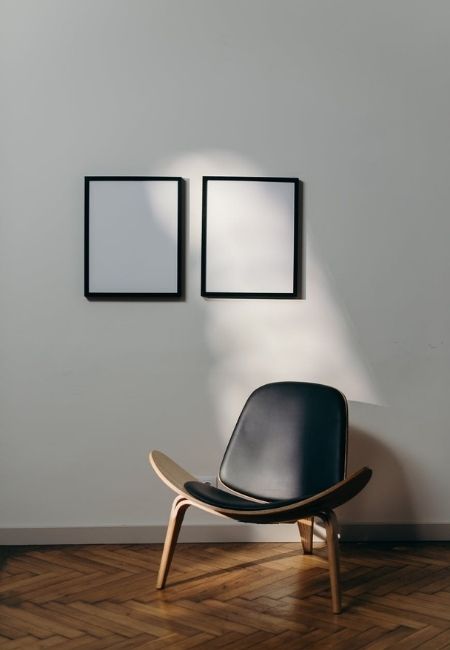
Every item that enters the house should be stored, maintained at certain intervals and dusted. Every item therefore exploits our energy and time. Books accumulated on top of each other, trivia that have never been used inside the cupboards, plates kept for guests, unused bed linen, towels, objects that cannot be thrown away because of the gift, old photographs, even tickets and many other items are piled up for years and are both physically and in our minds. takes up space inside.
We all agree that a messy house will not give us peace of mind. This fact applies not only to things, but also to the information and images that pour down on us like bombardment. Discover more about Danshari below.
Why do people prefer the minimal life?
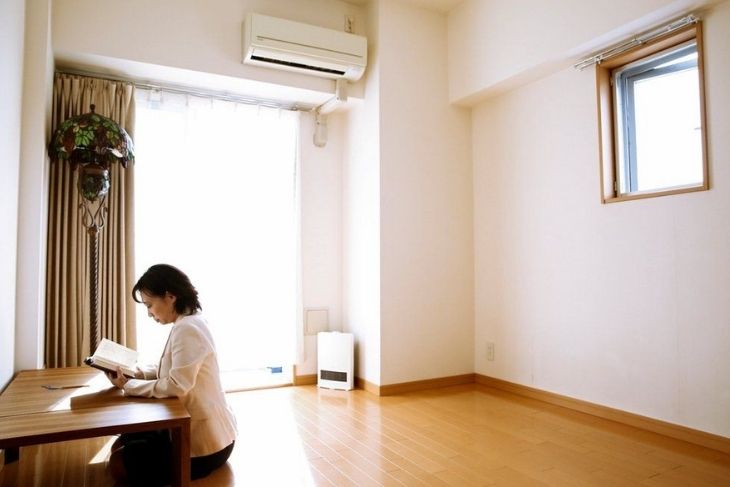
Everything in life has its opposite meaning and many new concepts arise from need. We are in an age where everything is abundant and easy to access, and we are gradually realizing that things, surpluses, and information that have never been used for years do not actually make us happy. That is why many people today decide to be minimalist. Discover more about Danshari below.
Fumio Sasaki, the author of the book “Goodbye, Things: The New Japanese Minimalism“, states that the following 3 factors are the factors that favor the minimal life, which is actually in Japan’s own culture but has been adopted by more and more people in the last 10 years:
Information and item overload
We now realize that one more bag or an expensive object to be left to dust does not help us, does not make us happy.
The opportunity to live without belongings we have in the past, thanks to advances in the world of technology and services.
Thanks to a smart phone, we got rid of so many things; calendar, clock, lantern, radio, notebook, map etc. Our photos are digital, documents can now be stored in the cloud system.
2011 Tōhoku earthquake and tsunami
The Tohoku earthquake and tsunami that took place in 2011 left deep marks on the Japanese people and their view of their possessions changed. It showed that both material assets can be completely destroyed by a catastrophe, their meaninglessness, and that those items can be overturned into a deadly weapon. Discover more about Danshari below.
What is the meaning of Danshari?
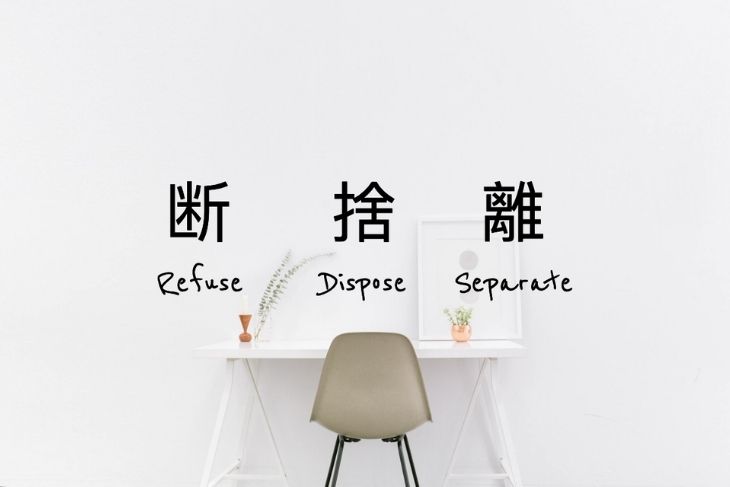
Danshari is a behavioral art and technique that allows us to sort out the mess inside and outside by eliminating things. The word Danshari comes from the words “Dan: refuse”, “Sha: separate”, “Ri: dispose”. The concept, which is based on Buddhism and zen philosophies, has a perspective that includes not only physical but also mental purification. Discover more about Danshari below.
Ways to say goodbye to our belongings from Fumio Sasaki
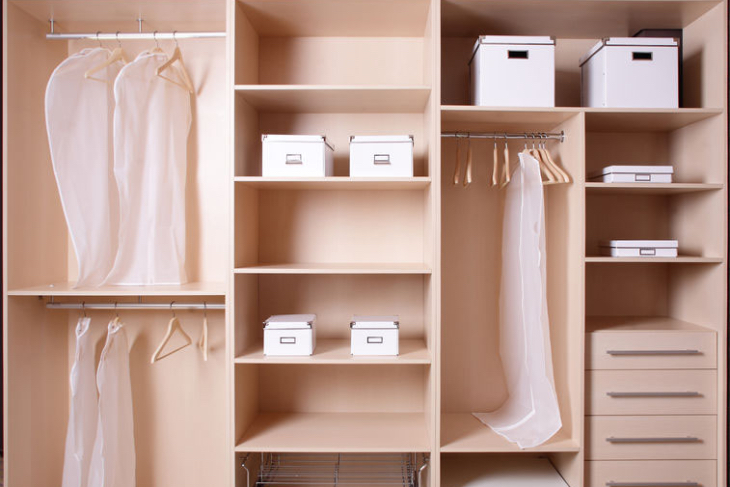
While Fumio Sasaki tells us about the positive change he has created in his life by getting rid of all unnecessary things, when he gets rid of material assets; He says that he does not compare himself to anyone, he throws off his clumsiness, gets rid of unnecessary stress sources, contributes to the ecology and our planet by not generating too much waste, and that he gets rid of extra pounds along with the belongings. It offers us some ways to say goodbye to our belongings and instead gain more time and energy in our lives. Discover more about Danshari below.
Your brain, energy and time have a limit
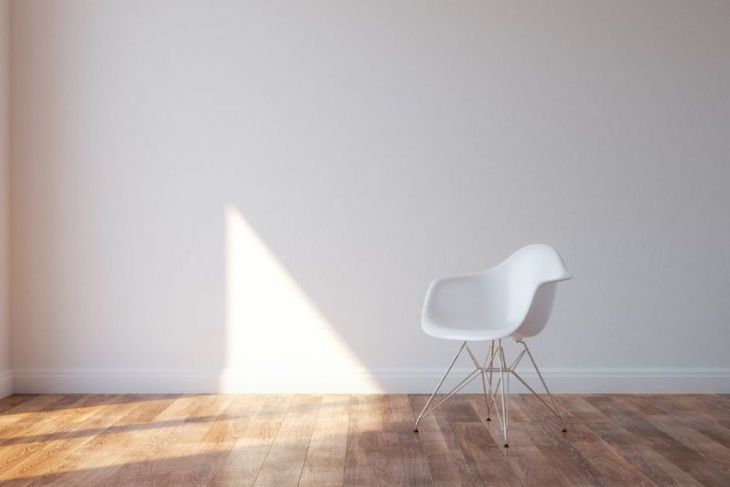
Why do we fill these capacities with tangible assets? Having less items but more experience is purely choice and the moment we choose to be minimalist, we can invest in more satisfying memories instead of items. Discover more about Danshari below.
When you throw something out of the house, you actually earn more than lose.
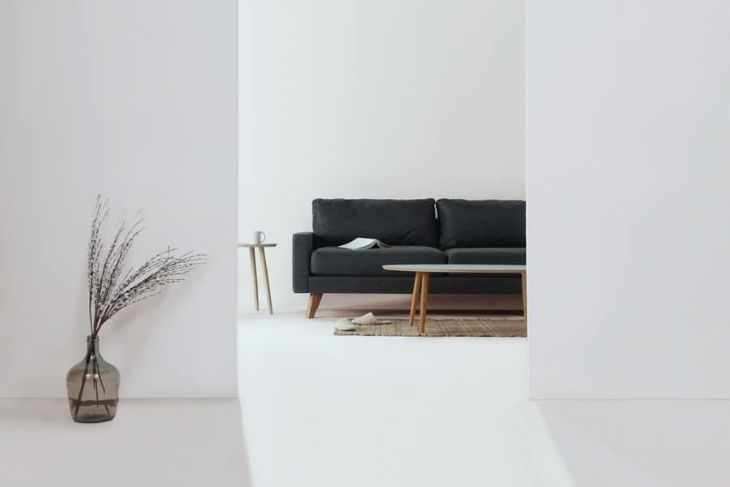
Although not every item language in your home is, it speaks to you and takes up space in your life. While the TV asks what to watch, your dust-covered trinkets wait to be cleaned. Every unused item you stack in the storage area should be checked periodically. When you get rid of them, your time, freedom and energy will be left to you.
Start with the obvious garbage
Throwing your stuff is intimidating, feels wasteful, and if you don’t dare, it will make the process easier to start with things that are really garbage at first, that need to be thrown away. Discover more about Danshari below.
If you have more than one of the same things, minimize their number

How many scissors, how many blankets and glasses might you need in a house? If you have a lot more than you need from an object, dispose of the unused and unnecessary ones. Discover more about Danshari below.
If you haven’t used it in a year, dispose of it
If you haven’t used an outfit or an item once in a year, you will most likely never use it again. So you don’t need to live under the same roof with him, say goodbye.
Distinguish between the item you want and the item you need
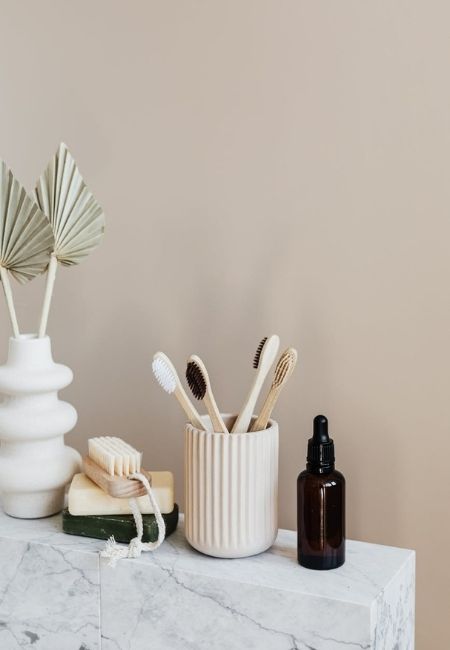
This is an important question to ask ourselves while shopping. We generally think that we will buy happiness with the goods we buy, and the main reason for many of our shopping is not necessity but desires. We have to ask this both when we dispose of existing items and when buying something new: need or desire?
When you switch to digital, you can revive your memories whenever you want.

High school and college yearbooks, old diaries and photos, letters, stored tickets and more, we may feel as bridges connecting us to the past. However, you can take advantage of technology and scan and digitize all printed memories. In this way, you will both preserve your memories and get rid of these burdens that have been taking up space in your drawer for years. Discover more about Danshari below.
Give up the ‘some day’ idea

When we intend to throw something out, we become anxious with the thought that it could be used someday in the future and we don’t want to throw it away. However, Sasaki on this issue; He advises that we should say “if not now, never”. If it is not working for us at the moment, we should throw it away if not in use, and we should try to see malls and shops as places that store these items for us. We can actually buy that thing in the future as soon as it’s needed. Discover more about Danshari below.
Don’t get stuck at the price you paid at first
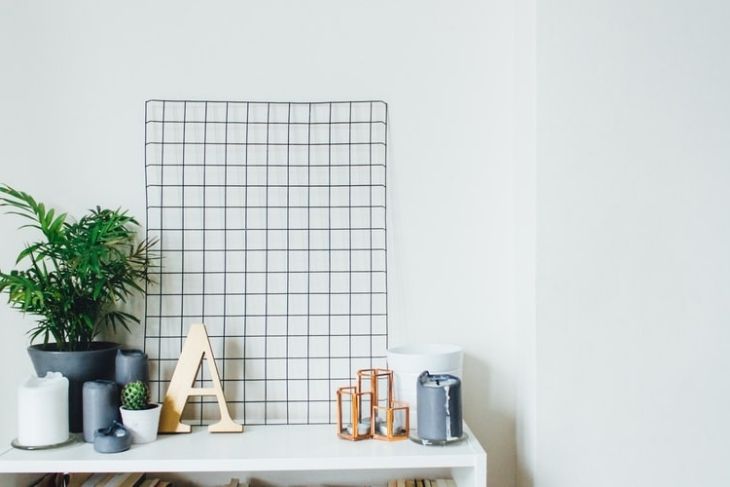
The fact that you have paid high amounts on time for an item does not mean that you keep that item forever even though you do not use it. If you intend to be simpler now, it does not change the fact that you have to dispose of it even if you have paid a lot of money for that item in the past. Discover more about Danshari below.
Don’t try to be creative when trying to get things out of the way
Since we are used to holding onto things tightly, our brains can play a little trick with us when we try to throw them away. Listen to your inner voice who wants to make transformations from the bottle you are trying to throw like a lampshade or a medicine box from a cookie box.
Rent or borrow all the items you can make

An evening dress you will wear at a friend’s wedding, a cake mold if you are making it once a year, etc. You can ask your neighbor for items that will be used very rarely or only once, or you can rent that outfit. Discover more about Danshari below.
Say ‘see you later’ before you say ‘goodbye’

If it seems impossible for you to say goodbye to your belongings, then put everything you can dispose of first in a box and bag and let it sit for a while. If you have not needed any of the items you put in the box in a few months, then you can say goodbye with peace of mind. Discover more about Danshari below.
Don’t buy just because it’s cheap
One of the most common actions we all do is to buy some items even though we don’t need them just because they’re on sale. While you cannot find extra space in your closet, you can still buy clothes because it is affordable, buy too much detergent because the market has made a discount even though it is not needed at that moment, buy dinnerware that is affordable at that moment to be used one day in the future, etc. We all fall into this trap and we are already investing a lot in the future. The only truth is now and now; If you do not need it, stop buying it because it is cheap.
Where does happiness come from?

Happiness doesn’t come with items. On the contrary, things block our energy field. Psychologist Francois Moscovici explains that adults have a “steady” level of happiness. While the happiness of someone who won a lottery jackpot is very high at first, after a certain period of time, the person gets used to this situation and returns to the old level of happiness.
Psychologist Sonja Lyubomirsky says 50% of our happiness is determined by genetic factors, 10% by living conditions, and the remaining 40% by our daily actions. That is, the masses we buy, high income, brand name clothes, etc. it only corresponds to a very small slice of 10%.
Therefore, the essence of the job is to simplify, relax, so focus on the present rather than worrying about the future, instead of giving our time and energy to buying things and then caring for them; One of the keys to sustainable enjoyment is investing in ourselves, our relationships and our experiences.

Related articles

Related stores
TBD
Let’s share!

Leave a Reply